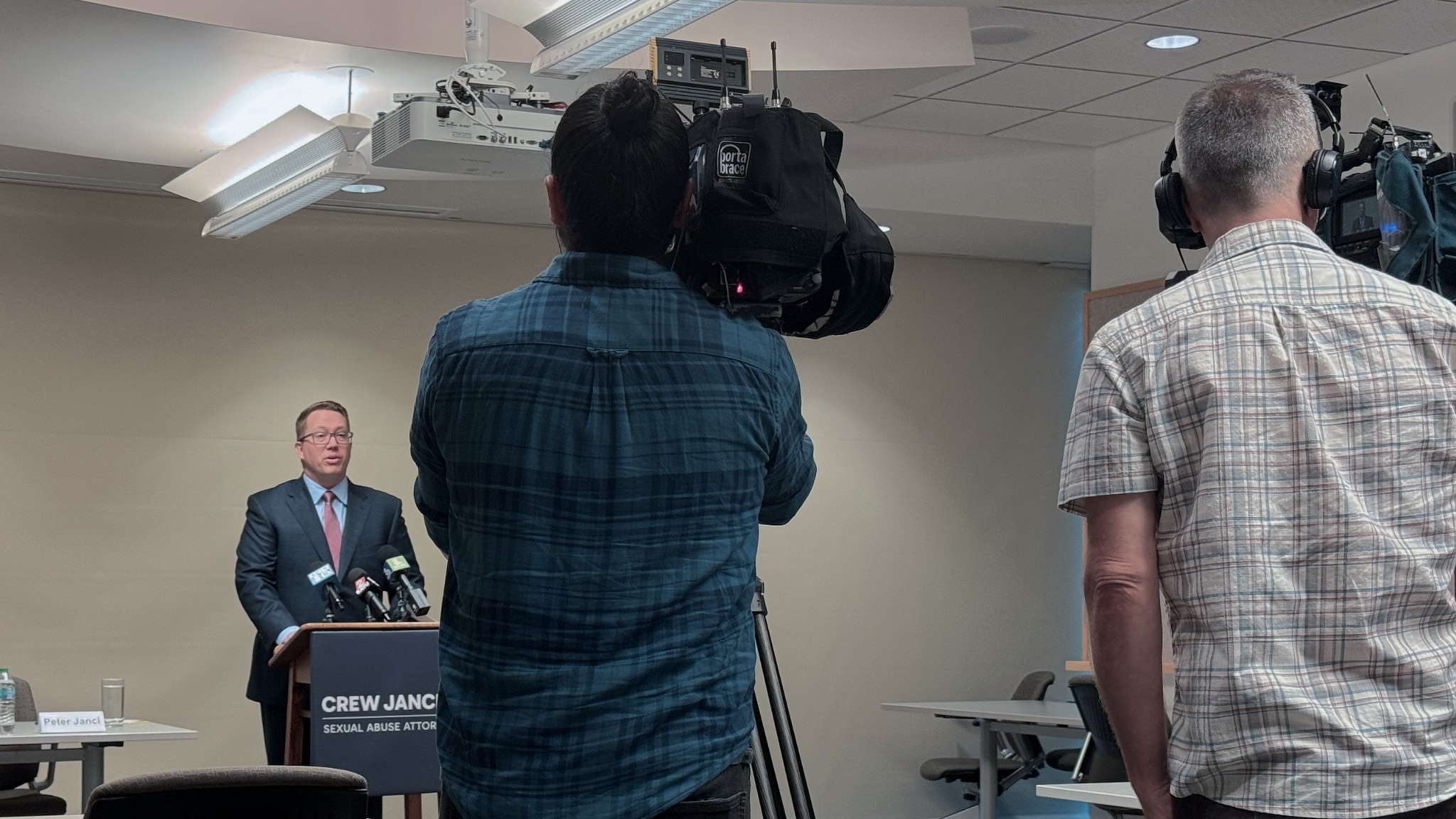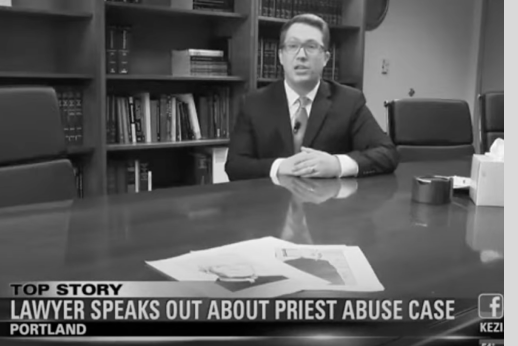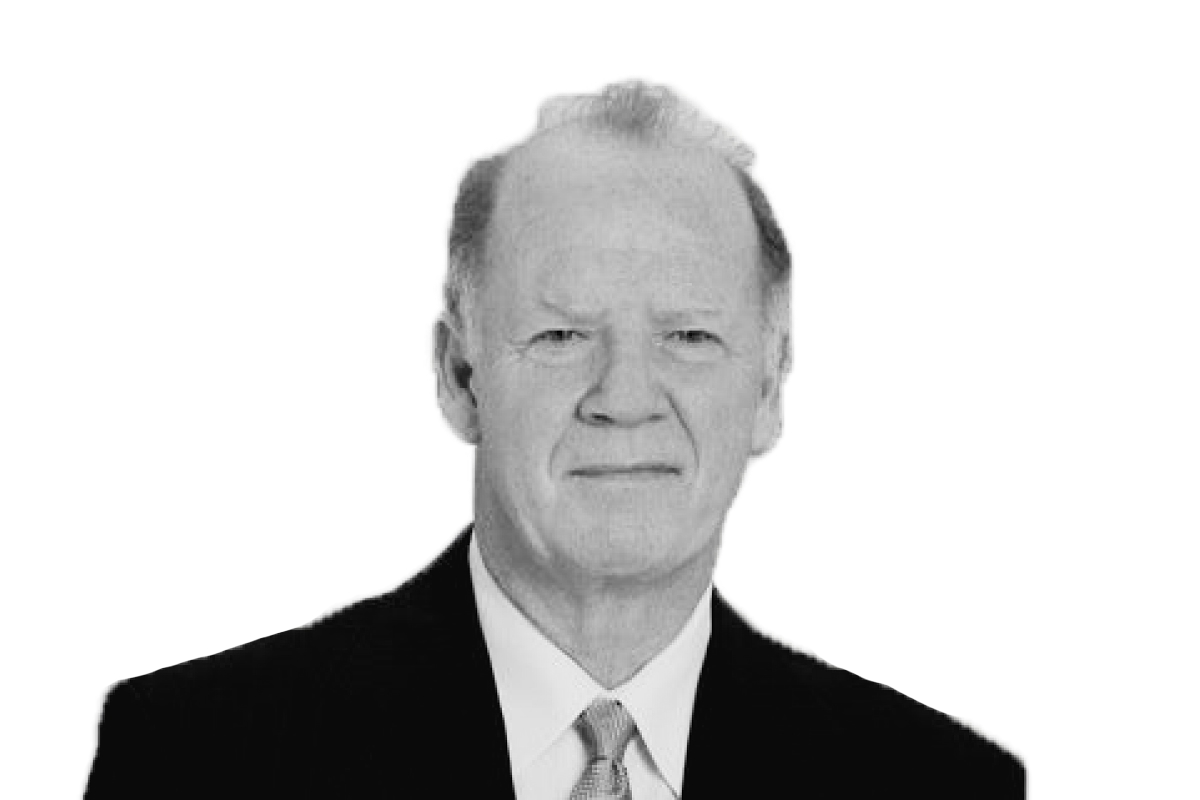The Presumption of “Innocence”
In the wake of the allegations against Bill Cosby, many have been reluctant to believe the survivors, instead preferring to believe that Cosby – a powerful, famous, well-loved man known for his familiar character – could not have committed such atrocious acts, and that instead, the women must be lying. This kind of reaction is common – in fact, we’ve seen it happen many times before, perhaps most recently with Woody Allen and Jian Ghomeshi – but that does not make it right.
It is difficult to reconcile the public image of a person we respect with one who is capable of committing such atrocious acts. This sentiment is understandable. However, it is important to remember that as tempting as it may be for some to turn a blind eye to these types of alleged crimes, doing so necessarily operates to exclude and harm victims of those alleged crimes. This is true of all victims, as against all perpetrators – not merely Bill Cosby.
For instance, when these kinds of reports arise, we are often met with some form of disbelief regarding the victim’s story or the famed abuser’s culpability, as well as repetitions of the well-known principle of criminal prosecution that a person (in this case, the abuser) is “innocent until proven guilty.”
Suffice it to say, however, that these situations rarely involve any actual criminal prosecution or finding of criminal liability. Ignorance of this reality results in a convenient disregard of the foundational and extremely important principle of common decency – which exists entirely separate from the presence or absence of a criminal prosecution – which provides: until it is proven otherwise, beyond a reasonable doubt, we must also extend that presumption of innocence to THE VICTIM, and presume that s/he is not guilty of the crime of lying about what the alleged abuser did to him/her.
“He said, s/he said” does not equate to “let’s start by assuming the victim must be lying,” unless you are coming from a perspective that does not give any consideration to the victim, or that assumes the victim’s story is somehow per se unreasonable.
An abuser’s innocence is NOT more presumptive than the victim’s.
The conclusion that the accused is innocent based on a premise endorsing the victim’s mendacity operates to re-victimize survivors, and sends a message which disempowers and dissuades victims from telling their stories and instead empowers and enables abusers to continue perpetrating abuse. And that, in turn, necessarily affects not only the victim and abuser presently in issue, but ALL victims and abusers, everywhere.
This must be acknowledged in order to both support survivors and make a solid effort to prevent the circumstances resulting in their victimization in the first place.
Empowering Change
Related Resources
are here to guide and empower you or someone you care about.

Three New OYA Staffers Named in Lawsuits As 17 More Victims Sue State for Child Sexual Abuse
Attorneys for victims of child sexual abuse within the Oregon Youth Authority filed a slate of new lawsuits on Thursday in Multnomah...

Did You Know Scott J. Scrabeck from OYA’s Hillcrest Youth Correctional Facility?
New Lawsuit Filed Scott J. Scrabeck worked for the Oregon Youth Authority (OYA) at Hillcrest Youth Correctional Facility as a correctional officer...

Did You Know Robert Blacksmith from Hillcrest Youth Correctional Facility?
New Lawsuit Filed Robert Blacksmith worked for the Oregon Youth Authority (OYA) at Hillcrest Youth Correctional Facility from the mid-1990s until 2006....
Don’t face this alone.



























